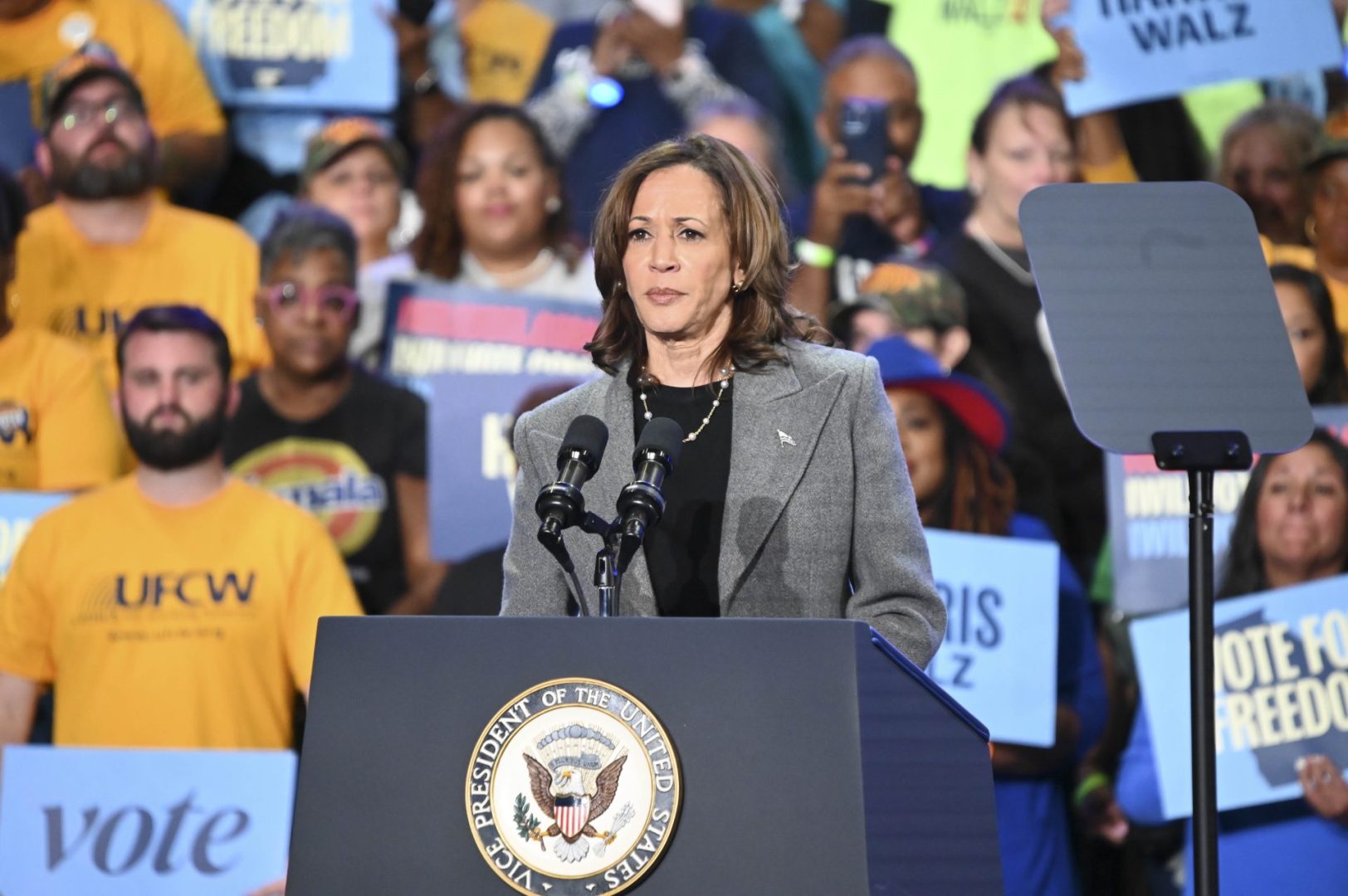The first woman and first Black and South Asian American to serve as vice president of the United States, Kamala Harris champions a future centered on equity and progress. Her vision extends beyond political rhetoric, offering concrete solutions to systemic challenges facing Black communities across America. As communities nationwide grapple with persistent inequalities, Harris’s comprehensive approach addresses fundamental issues while building frameworks for lasting change.
Criminal justice transformation
Harris’s approach to criminal justice reform reflects her understanding of systemic inequities. As vice president, she advocates for eliminating cash bail and decriminalizing marijuana possession, addressing practices that have disproportionately affected Black men for generations. Her experience as a prosecutor has informed her perspective on the necessary changes within the system.
Key reform initiatives include:
- Reducing mandatory minimum sentences and reviewing sentencing guidelines
- Expanding rehabilitation programs and educational opportunities within the prison system
- Addressing racial profiling in law enforcement through comprehensive training and accountability measures
- Creating pathways for post-incarceration employment and community reintegration
- Supporting programs that prevent youth involvement in the criminal justice system
- Implementing accountability measures for law enforcement agencies
- Developing community-based alternatives to incarceration
These reforms aim to break cycles of poverty and incarceration while promoting community stability. The focus extends beyond immediate changes to address the root causes of systemic inequality within the justice system.
Economic advancement initiatives
The administration’s economic strategy focuses on creating sustainable opportunities for Black communities. Harris has positioned economic justice at the forefront of her agenda through comprehensive programs and policies that address historical barriers to wealth creation.
Key economic initiatives include:
- Increased funding access for minority-owned businesses through targeted loan programs
- Job creation programs in underserved areas with emphasis on sustainable employment
- Policies addressing persistent wage gaps and workplace discrimination
- Support for Black entrepreneurship through mentorship and resource networks
- Investment in infrastructure projects that create local employment opportunities
- Programs supporting first-time homeowners and property development
- Financial literacy initiatives and banking access programs
Through legislation like the American Jobs Plan, Harris works to establish pathways for building generational wealth and dismantling income inequality. The plan emphasizes creating opportunities in emerging industries while strengthening traditional employment sectors.
Health care accessibility
Harris’s health care vision addresses longstanding disparities in medical access and treatment. Her approach encompasses both immediate needs and long-term systemic changes needed to ensure equitable health care access.
Comprehensive health care initiatives include:
- Expanding affordable health care coverage through improved insurance options
- Increasing mental health resources in underserved communities
- Targeting conditions affecting Black men at higher rates, including heart disease and diabetes
- Addressing maternal health disparities in Black communities
- Supporting community health centers and local health care initiatives
- Implementing preventive care programs and health education
- Expanding telemedicine access and digital health resources
- Developing programs to increase diversity in health care professions
This comprehensive strategy aims to eliminate barriers to quality health care while focusing on preventive care and chronic disease management. The approach recognizes the interconnected nature of health outcomes and social determinants of health.
Education and workforce development
The administration’s education initiatives focus on creating sustainable career pathways while addressing historical inequities in educational access. Harris supports a multi-faceted approach to education and career development.
Educational priorities include:
- Increased funding for Historically Black Colleges and Universities to enhance programs and facilities
- Expanded vocational training programs aligned with industry needs
- Technology education initiatives preparing students for digital economy careers
- Career development resources and mentorship programs
- Early childhood education support and after-school programs
- Student debt relief and college affordability measures
- Partnerships with industry leaders for job placement programs
- STEM education initiatives targeting underrepresented communities
These programs aim to equip Black men with skills needed for high-growth industries while supporting traditional educational pathways. The focus extends from early education through career development, creating comprehensive support systems.
Environmental justice
Understanding that environmental issues disproportionately affect Black communities, Harris advocates for comprehensive environmental protection measures that address immediate concerns while planning for future challenges.
Environmental priorities include:
- Stricter regulations on industrial pollutants in urban areas
- Clean energy infrastructure development in underserved communities
- Resources for climate change mitigation and adaptation
- Protection of vulnerable communities from environmental hazards
- Green job creation initiatives in affected communities
- Urban planning improvements for healthier neighborhoods
- Water quality protection and infrastructure improvements
- Air quality monitoring and enforcement programs
These policies aim to ensure Black neighborhoods receive equal environmental protection and resources while creating economic opportunities in the green economy.
Building a collective future requires addressing systemic barriers while creating opportunities for advancement. Harris’s vision represents a comprehensive approach to achieving equality and prosperity, focusing on immediate needs while building long-term solutions for sustainable progress.
The success of these initiatives depends on community engagement and support. By backing Harris’s vision, Black men contribute to a movement that promises tangible progress toward justice and equity. This support helps create lasting change for current and future generations, establishing frameworks for continued advancement and opportunity.













